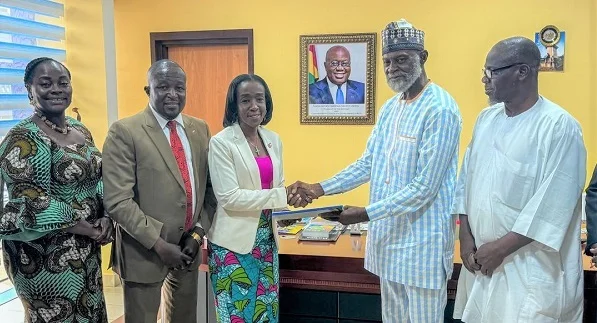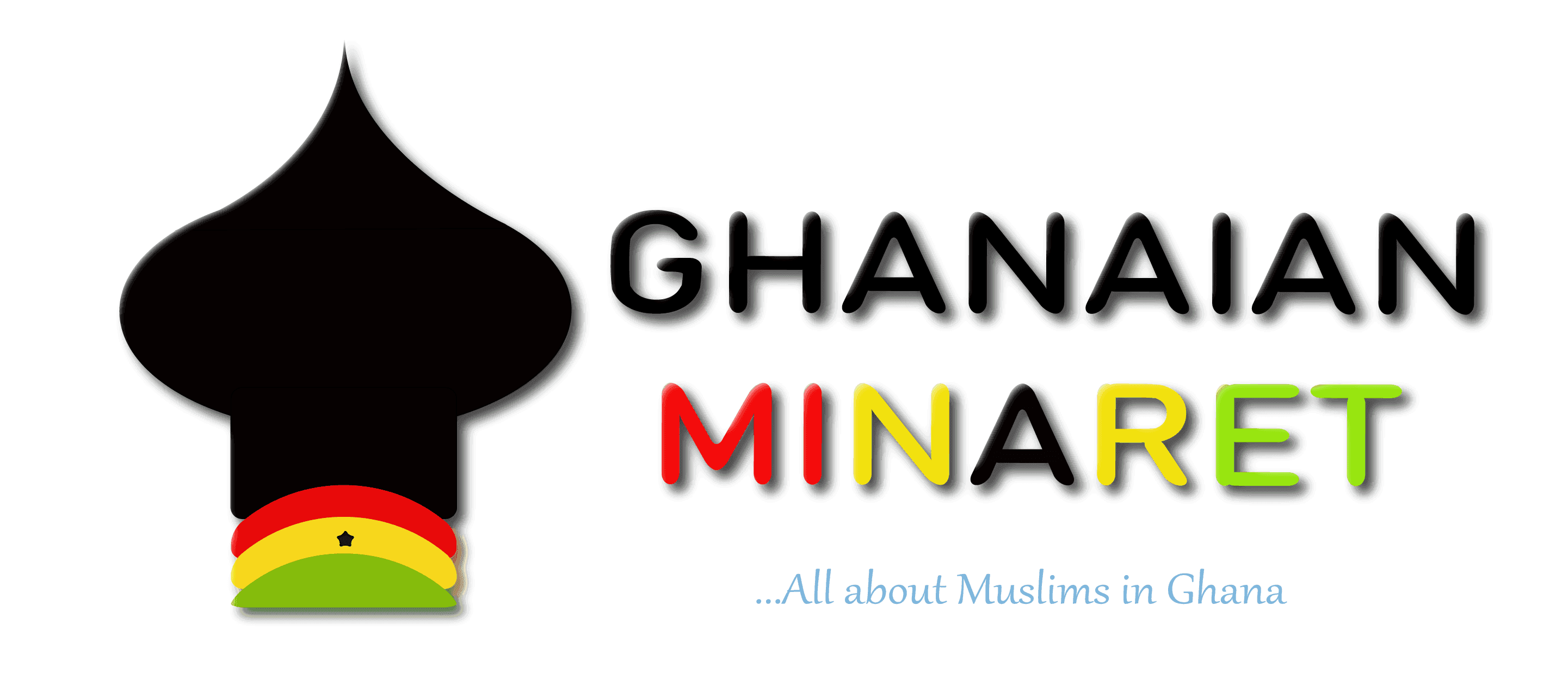Halal Certification: National Muslim Conference Ghana meets FDA

The National Muslim Conference of Ghana (NMCG) held a meeting last Tuesday with officials of the Food and Drugs Authority (FDA) to collaborate on halal certification in the country.
The meeting was in line with the NMCG’s plan to establish an international framework on Halal standards, certification, and logo issuance for products in the Muslim consumer markets.
Rear Admiral (rtd) Mohammed Muniru Tahir, a member of the management board of NMCG, led the discussions with the officials of the FDA.
He presented a copy of the NMCG Certificate of Incorporation and DEED to the Chief Executive of the FDA, Dr. Delese Mimi Darko.
The documents were to establish the authority of the NMCG as the official mouthpiece of Muslims in Ghana.
Halal in Arabic means permissible, and Halal food is deemed permissible under Islamic dietary law as defined in the Qur’an and Hadiths (sayings) of the Holy Prophet of Islam, Mohammed (peace and blessings be upon him).
Dr. Darko expressed the readiness of the authority to work with the Muslim body pending the establishment of the needed protocols to ensure a smooth working relationship.
She urged the NMCG to build a similar working relationship with the Ghana Standards Authority, as the Halal certification also borders on standards.
The General Secretary of the NMCG, Alhaji Inusah Mohammed, told the Ghanaian Times that the Islamic organisation was going through the legal process to acquire the authority to issue Halal certification and also be part of the global Halal body.
The Islamic dietary law specifically requires that all food and beverages are considered Halal unless otherwise stated as forbidden.
These laws guide Muslims to identify what foods are Halal in accordance with Islamic teachings.
In Islam, food and drinks must be devoid of pork, alcohol, intoxicants, harmful ingredients, or unhygienic elements that the Islamic teachings deem harmful to the human body.
The teachings of Islam specify that animals slaughtered for consumption must meet the Islamic law and standard referred to as Zabihah, which is considered to be a humane, purest, and decent manner to slaughter animals for consumption.
Also present at the meeting were Isahaah Umar, Hajia Humu Zakaria, Mohammed Tamim, all members of the NMCG, and Abdul Samed Abdulai, administrator.
-Ghanaian Times
Join our whatsapp channel for all the latest updates.
For news coverage, article publication, and advertisement, send an email to ghanaianminaret@gmail.com or reach us via whatsapp, telegram or phone call on +233266666773.

